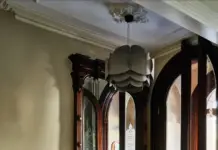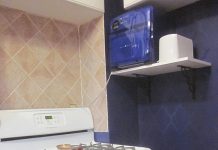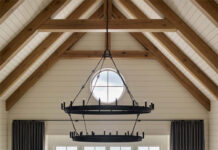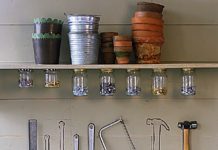Isn’t water just water?
Well, there is soft water and then there is hard water. But what does that mean?
About hard water
Rainwater is naturally soft. As water seeps through the ground, it hardens. Since water is a universal solvent, it dissolves and picks up minerals and other metallic elements as it flows through the ground and into your water source.
The hardness of water is measured by how much calcium and magnesium it contains, which varies depending on your location. Here is a general guideline to determine what your water classification is:
|
Dissolved calcium and magnesium |
||
|
Classification |
Milligrams Per Liter (mg/l) |
Grains Per US Gallon (gpg) |
|
Soft Water |
0-60 |
0-3.5 |
|
Moderately Hard Water |
61-120 |
3.56-7.01 |
|
Hard Water |
121-180 |
7.06-10.51 |
|
Very Hard Water |
>180 |
>10.51 |
About water softening
Hard water can be turned back into soft water by using a softener unit. A water softener removes excess minerals by exchanging calcium and magnesium ions with sodium or potassium ions. This process balances the minerals present in your water into tolerable levels.
Hard water is quite bothersome and can cause some huge problems if left untreated. There are different types of softeners to treat your water. For more information, and a comparison of the available products in the market, click here.
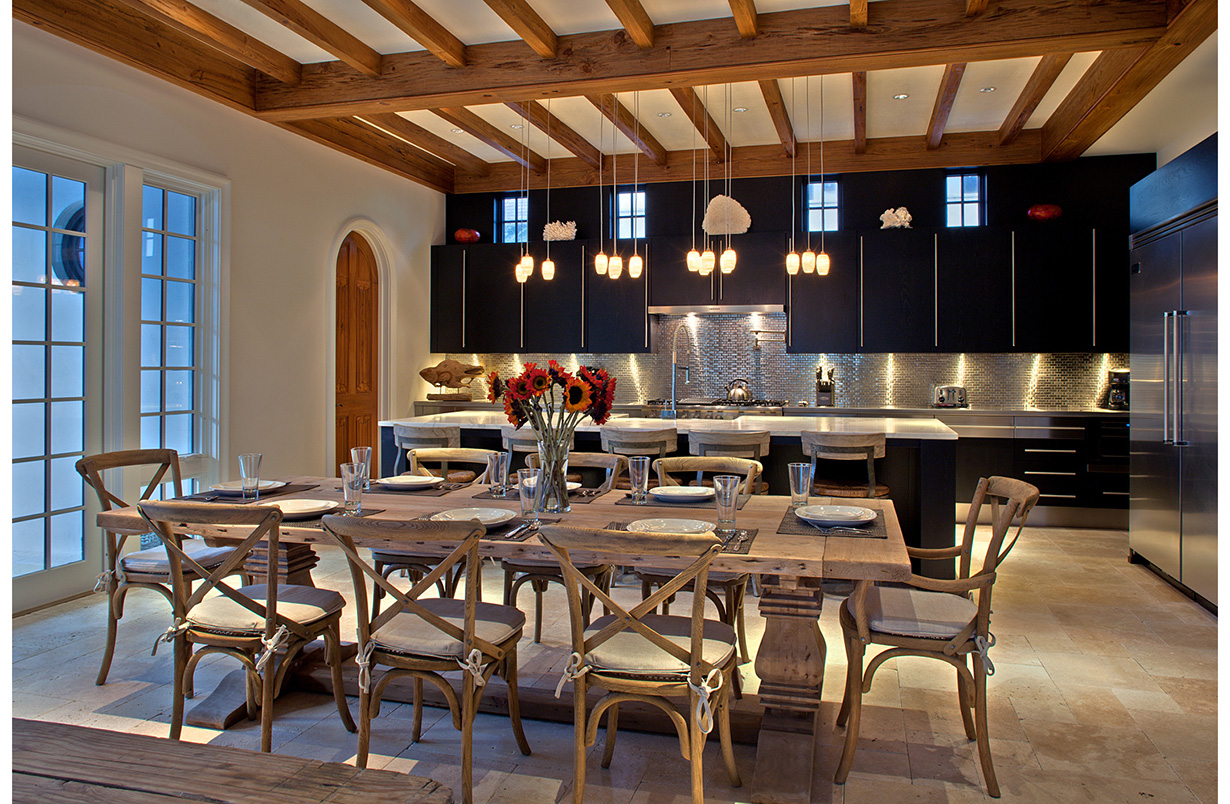
But how can you tell if you need a water softener? It is actually quite obvious if you need one. You may have already noticed the signs, but you may not know what they meant. Keep a lookout for these signs of hard water.
Hmmm… my water tastes funny…
Chances are, you have already encountered weird tasting water throughout your lifetime. For some of you, here is the explanation on why it tasted so weird: That weird taste and smell is your first and second clue that something is quite wrong!
Normally water is colorless, tasteless, and odorless. Hard water usually produces that rotten egg smell. This rotten smell is caused by sulfate. When hydrogen sulfide gas or bacteria reacts with magnesium, sulfate is born.
There have been conflicting reports of the negative side effects of hard water, if any. The World Health Organization (WHO) has stated that there is no known negative health effect linked to hard water consumption. Though, they also claim it may cause laxative effects when consumed in excess amounts.
There may be other reasons for weird tastes in your water. When in doubt, seek professional help. It is best if you can have your water tested by a state certified laboratory.
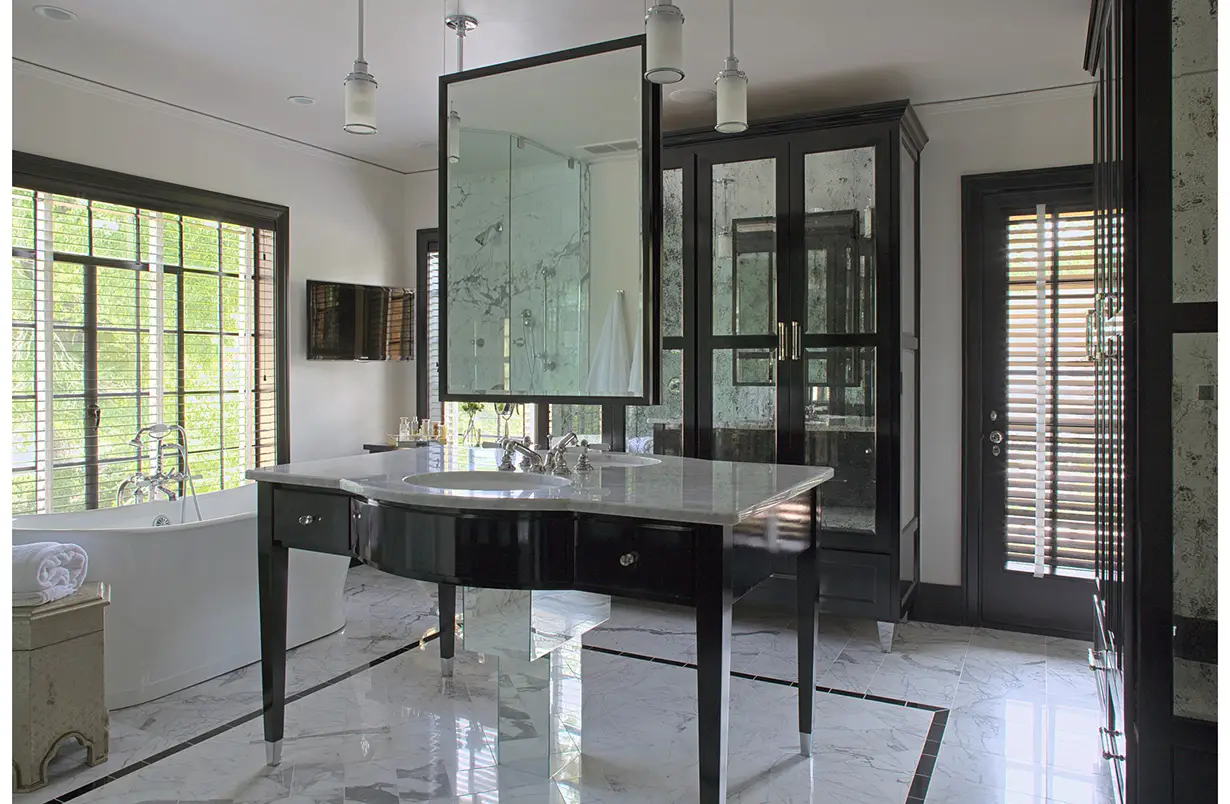
Why is my water cloudy?
Turbidity or cloudiness is caused by calcium hydroxide. Once alkaline-earth metals such as magnesium and calcium touch water, they produce calcium hydroxide.
Raise a glass of water against the light or look if you can still see the bottom of your pool. These are just a couple of quick ways to check the hardness of your water. Nephelometric Turbidity Unit (NTU) is the unit used to determine the turbidity of water. High levels of NTU mean the water contains a lot of loose particles.
The World Health Organization (WHO) indicated that water should be ideally below one NTU and should not exceed more than five NTU. Too much cloudiness is visually unappealing and maybe a health concern.
Help! My faucet has flakes on it!
Have you encountered that off-white scale that keeps on appearing even after repeatedly wiping and scrubbing your faucets? When the water temperature rises, it causes the dissolved compounds in your water to precipitate and form a chalky by-product known as limescale. Limescale normally accumulates in these areas in your home:
- Pool
- Dishes
- Faucets and shower heads
- Kitchen and bathroom tiles
- Toilet
- Appliances
- Pipes
An estimate of 150 lbs of limescale is produced by a family of four each year. If it is not removed, it will restrict water flow in your pipes, appliances, faucets, and shower heads. This may lead to blockage and possibly leakage over time if left untreated.
You may think that only huge build ups of limescale can cause problems. But small deposits can cause troubles as well. There is a study from the Arizona State University that limescale formation provides a perfect opportunity for some harmful bacteria to flourish. A common example is Legionella.
These bacteria may cause Legionnaire’s disease, a serious condition that may even result in death through progressive pneumonia. Scaling does not only result in an increase in your utility bills but also hospitalization if ignored.
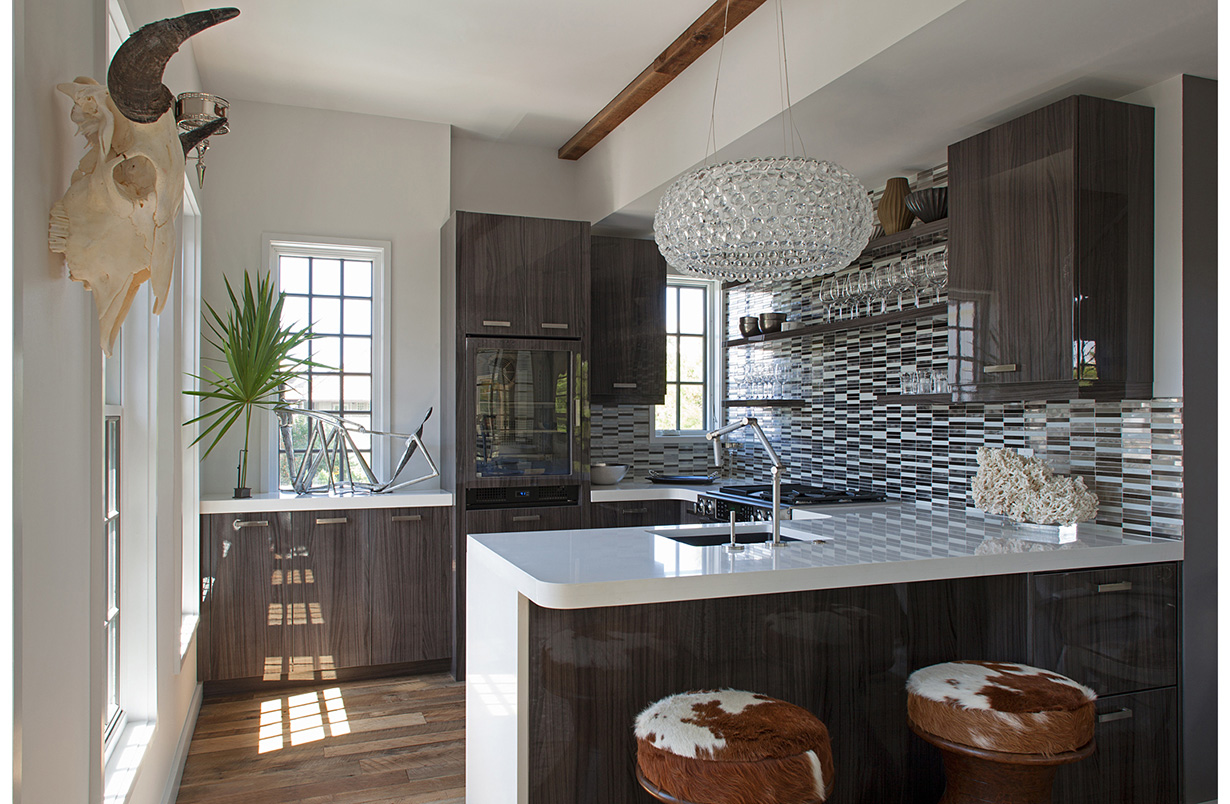
Soap scum
Did you notice that your bubble bath does not produce as many bubbles as it should? Your hair is dry and frizzy? Increased dandruff? Your skin feels tight and flaky? Acne breakouts? Seeing some fine lines and wrinkles?
Hard water may be the cause for all of this. Hard water does not usually go well with soap. Minerals in hard water bind with the soap molecules which produces a thin film that sticks to everything it touches. This is called soap scum.
But isn’t it a good thing that hard water binds well with soap? No. Our skin’s pores release natural oil to keep us moisturized and supple. Now, after having a shower in hard water some minerals are stuck in your pores due to soap scum. This strips off the moisture and leaves a build-up of soap residue that causes clogged pores. Clogging of pores is often a condition for those who already have sensitive skin and other existing skin conditions.
Prevention is better than cure
The main benefit of having soft water is that it will save you a lot of time, money, and headaches. The side effects of hard water cannot only affect your home but yourself and your family, too. The Dutch philosopher Desiderius Erasmus once said Prevention is better than cure. It is always better to get ahead of your problem rather than wait on it.
But even if you are already facing hard water problems, it is never too late to start fixing things – better late than never! Thanks to best-osmosis-systems.com for consulting.









